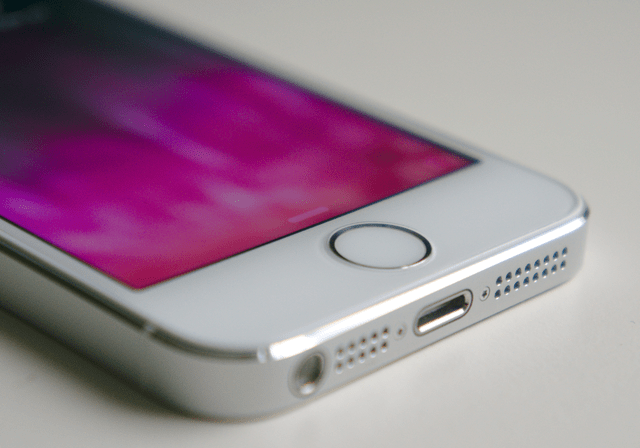

Earlier this year, Apple’s ResearchKit apps brought scientific studies to people’s fingertips. Though the apps aren’t yet foolproof, they allow eligible iPhone users to participate in scientific studies, recruiting thousands of participants at a speed never thought possible. Now two new studies out of the University of California, San Francisco and Mount Sinai Hospital in New York City will release an iPhone app to recruit people for genetic research; participants will send in samples of their DNA in order to better understand how their genetics connect to disease, according to an article published yesterday in MIT Tech Review.
Though researchers are pretty sure that most diseases have at least some genetic component to them, it’s actually quite complicated to figure out which genetic mutations affect someone’s chances of developing a condition. Certain mutations can cause other genes to be expressed or not, creating a very complicated picture of how (and when and why) certain people get certain diseases. To start getting a clearer picture, researchers are collecting lots and lots of data. Institutions from hospitals to Google are looking to store as much genetic data as possible in order to supply researchers with the information they need to draw more conclusions about disease.
These two new studies intend to do just that, but they will use the iPhone as a way for patients and researchers to connect. Like the ResearchKit studies, these new studies would be approved by Apple and by an institutional review board. The UCSF study will use the data from expectant mothers to study the possible genetic causes of premature birth, and the Mount Sinai study plans to address why participants are healthy even though their genes say they should have life-altering genetic diseases such as cystic fibrosis. When participants sign up for the study, Apple will send them a “spit kit” for the sample of their DNA. The sample then gets sent directly to the institution conducting the study to identify only the 100 or so mutations that researchers are addressing (called a gene panel). They won’t sequence a person’s entire genome, though participants will get a certain amount of information about their genes available as a download.
But these new studies aren’t without issues. Apple isn’t even sure if consumers will want their genetic data. Though companies like 23andMe have thrived on revealing consumers’ ancestry, Apple does not yet have a platform for doing so, and at the moment consumers don’t have many practical applications for knowing more about their genes. Additionally, study participants don’t have a good idea of where their data could end up. Though there are some restrictions on where research institutions can send data, there’s nothing stopping them from sending genetic information to other institutions. Also, the FDA regulates what individuals can be told about their DNA, especially without a genetic counselor present. “There is tension in figuring out what is okay as part of our research study and what would be okay in terms of health care,” Goncalo Abecasis, a geneticist at the University of Michigan who is running a similar study using Facebook, told MIT Tech Review. “You can imagine that a lot of people have a good idea how to interpret the DNA… but what is appropriate to disclose isn’t clear.”
Given the sheer number of people with iPhones, these new studies are sure to get a decent number of participants. With any luck, all that data may help researchers achieve their goal of establishing stronger connections between genes and diseases. If they’re able to do so, that genetic data will find new uses for study participants who would be able to tailor both their lifestyle choices and medical treatments to their genes–a reality that may not be as far off as it seems.
